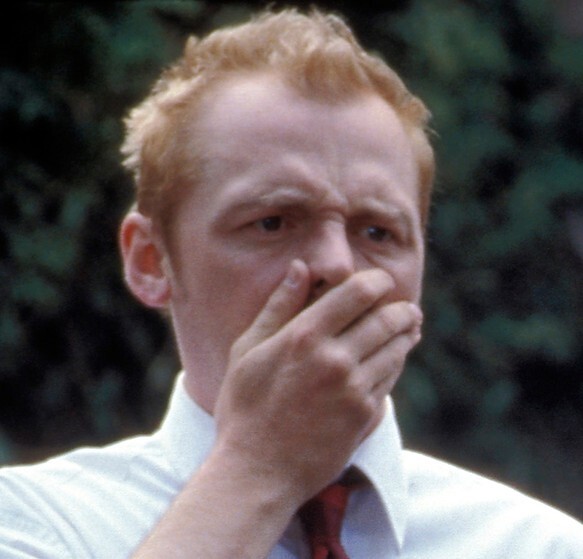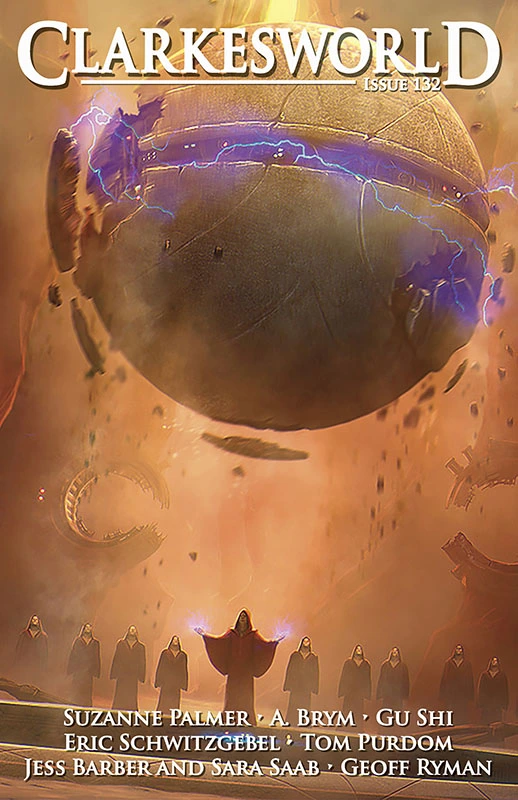cross-posted from: https://feddit.uk/post/16340845
The Laundry Files started with an element of situational comedy juxtaposed on a background of nightmarish horror: the government agency for protecting us from the likes of Cthulhu turns out to be just another secret civil service bureaucracy with forms, committee meetings, and an obsession with secrecy. Into which we inject a narrator who is a brash young hacker-nerd from the late 90s dot-com culture (who has been conscripted willy-nilly into something structured a lot like a very 1950s-ish Len Deighton spy agency, if updated in line with health and safety and HR legislation). “The inappropriate hero” is one of the classic humorous narrative forms because it gives us a sympathetic viewpoint from which to explore the lunacy of a situation, and there’s plenty of humor in any bureaucracy (as the early Dilbert cartoon strips illustrated, before it jumped the shark circa 1998).
By the eighth book in the Laundry Files, Bob isn’t an outsider anymore; indeed, he’s at the lower end of senior management, representing the agency in public. But there’s still plenty of situational humor to be extracted by watching how a government deals with a whole new bureaucracy it was hitherto unaware it possessed.
And then, of course, there’s the horror element. Like humor, horror is a tone you can apply to any other genre of fiction. (You can have a horror-spy crossover, or horror on top of SF, or horror on top of historical fiction, or . . .) And I find combining horror and humor particularly useful because the one contrasts with the other to great effect.



One of my favourite series, I can highly recommend them.
I started these this year based on a recommendation I got… somewhere?(I forget).
I can also highly recommend them.
I’m not well-read enough to be certain but it seems like stross riffs off of a different famous author’s “style” for at least some of the books I’ve gone through so far, which is fun when I recognize the elements. It’s an amusing homage inside of an already fun chapter in the ongoing adventure.
He covers it a bit in the interview:
There’s also some Fleming in the mix too. Stross’ chronology mentions some of the influences on each book, including things like Modesty Blaise.